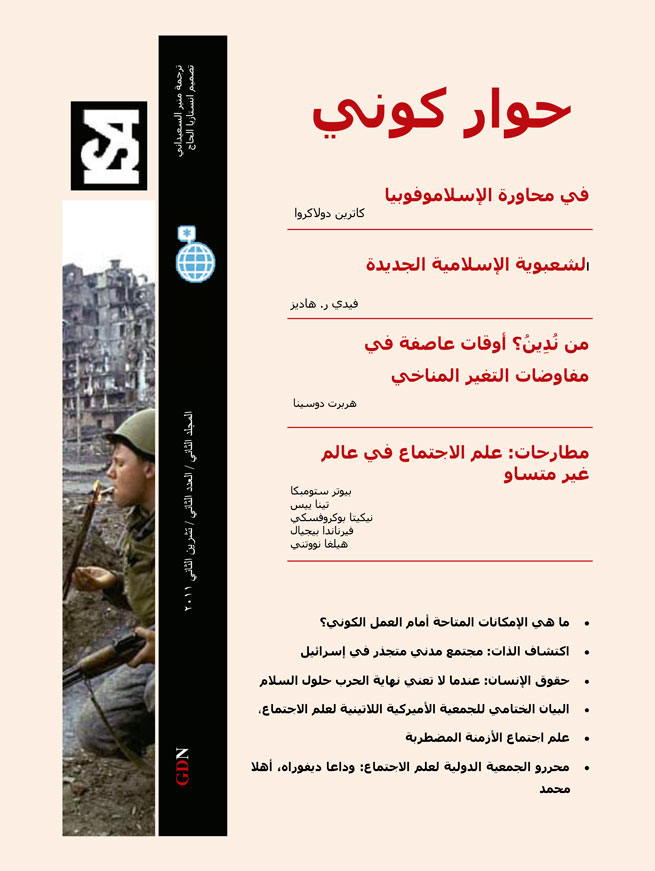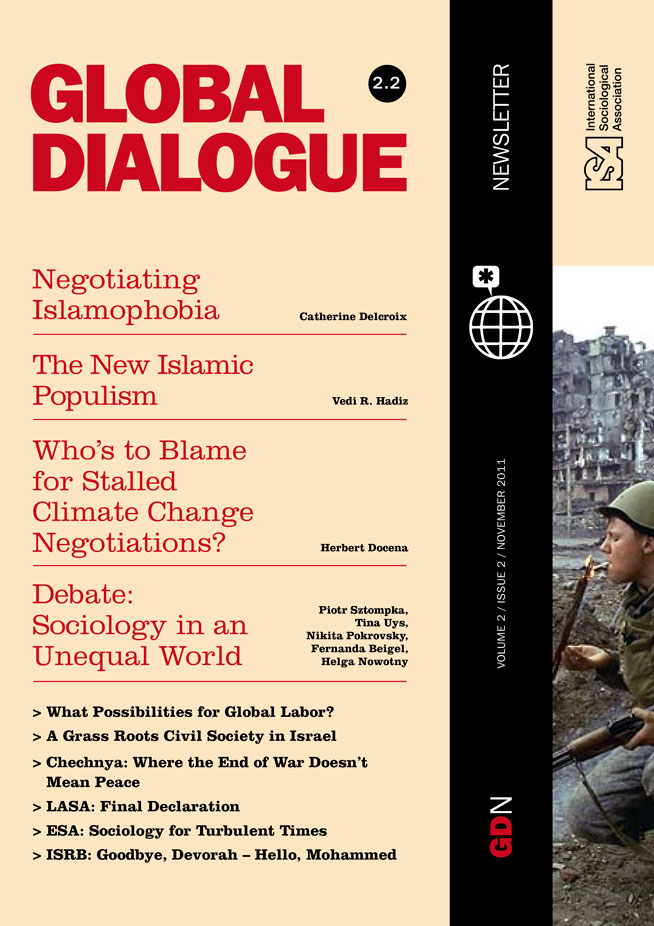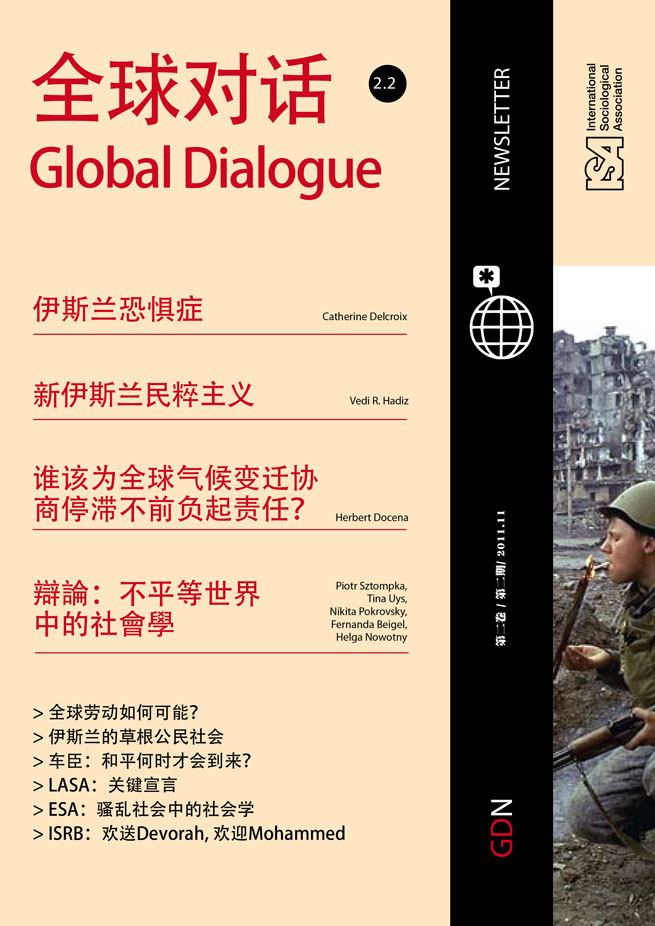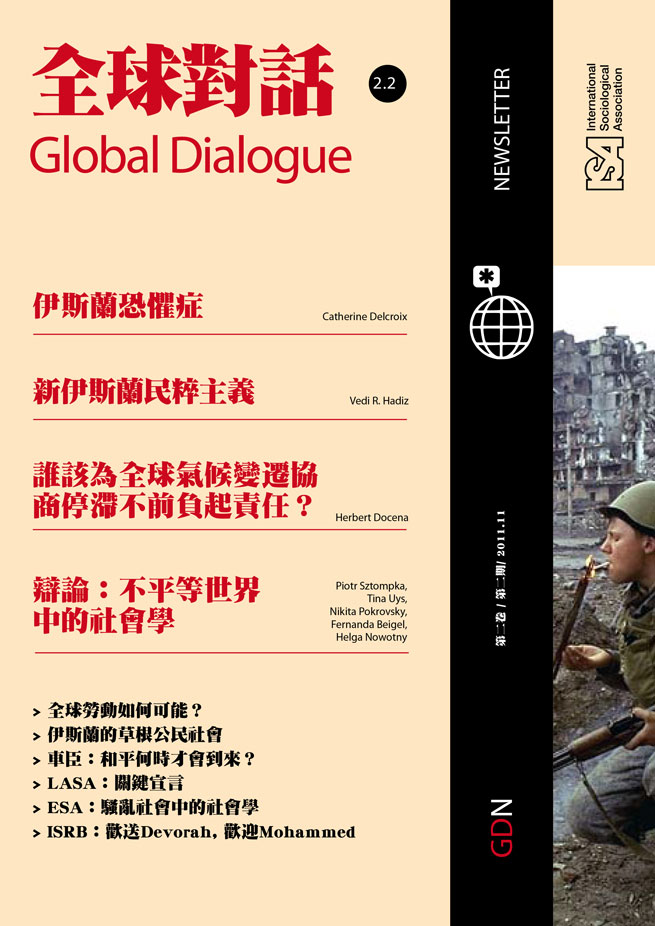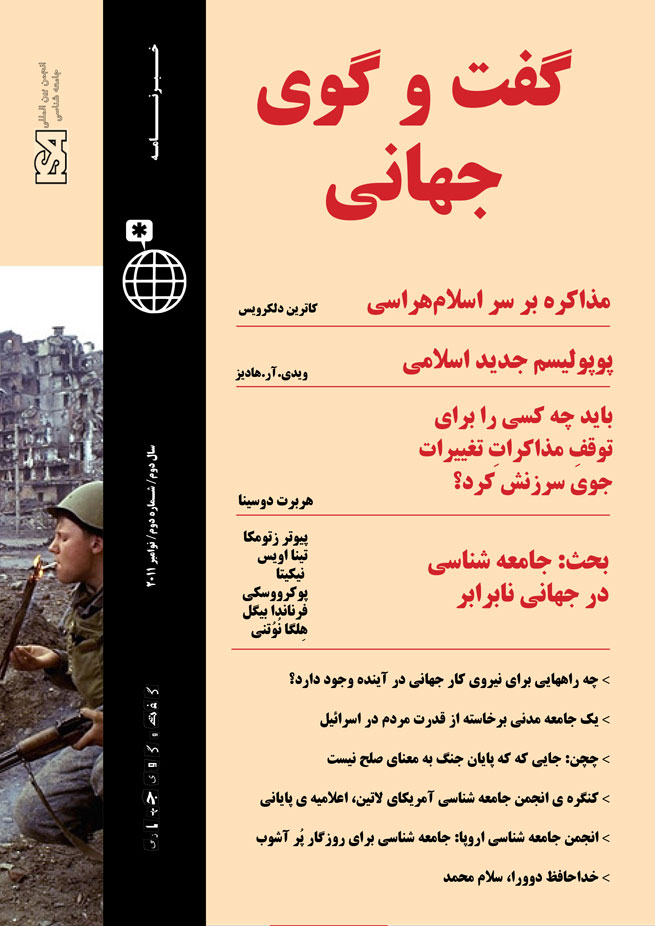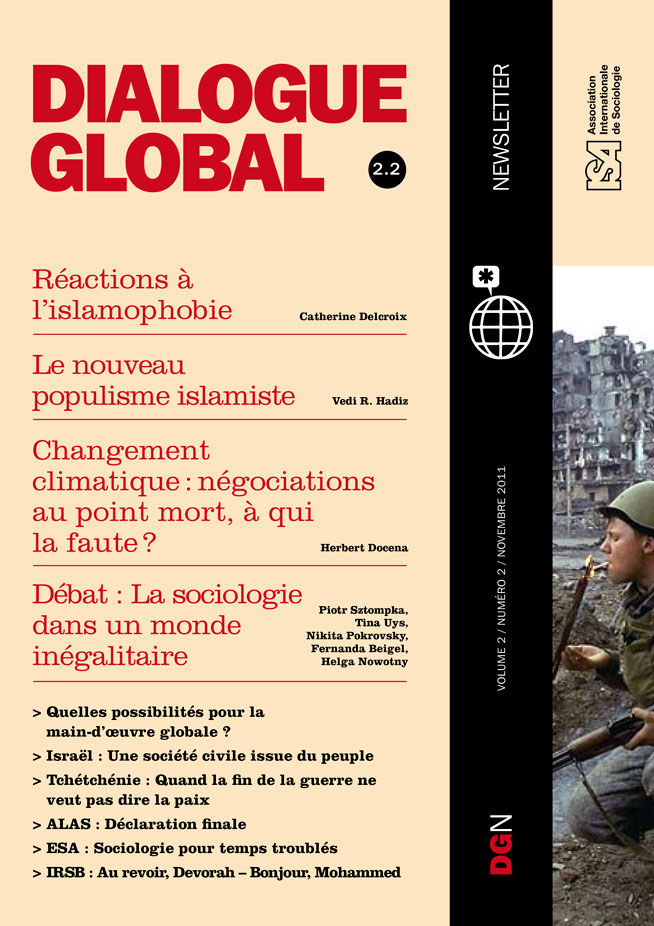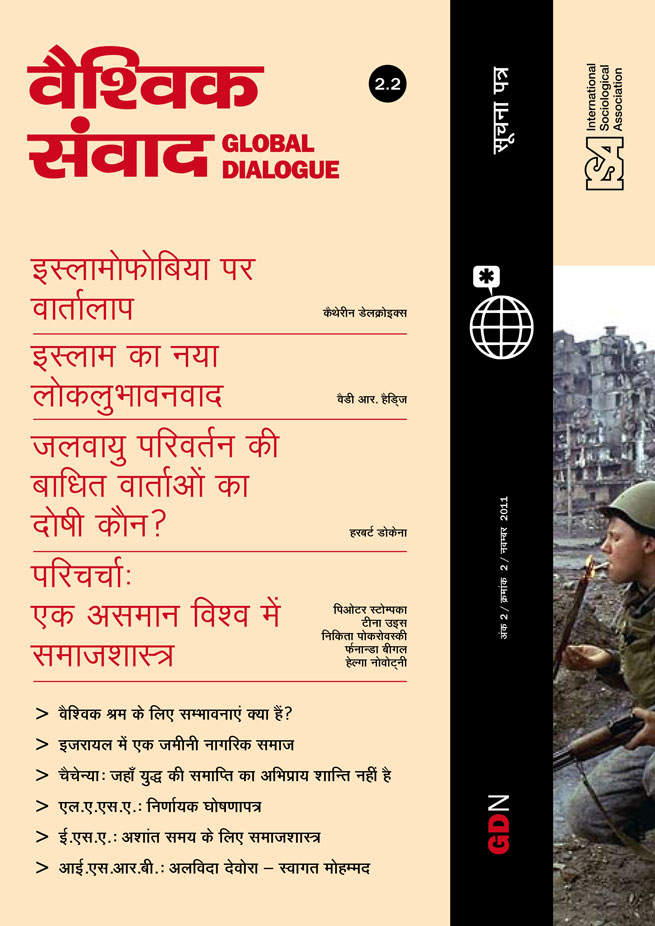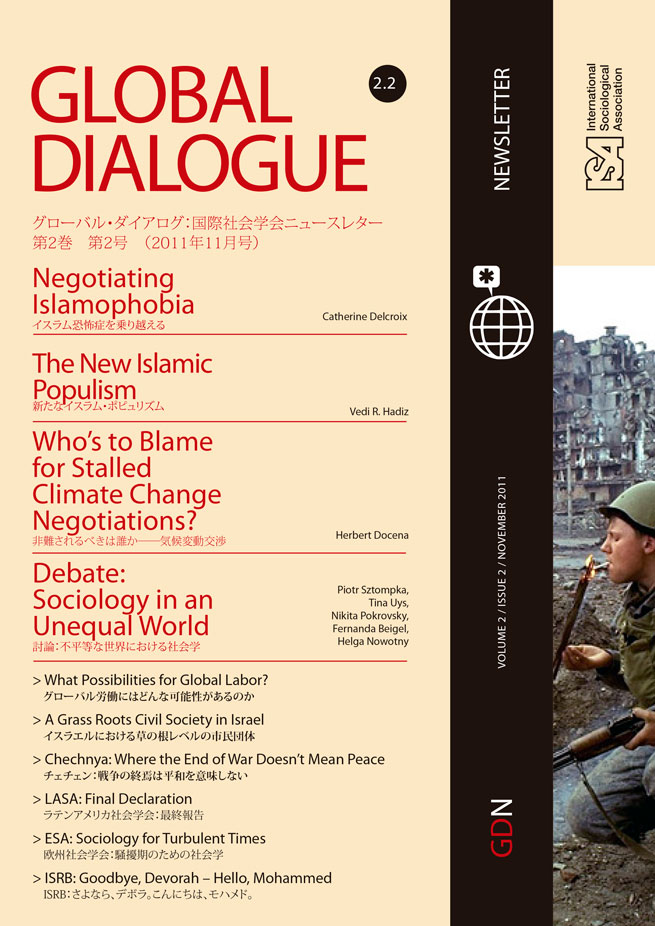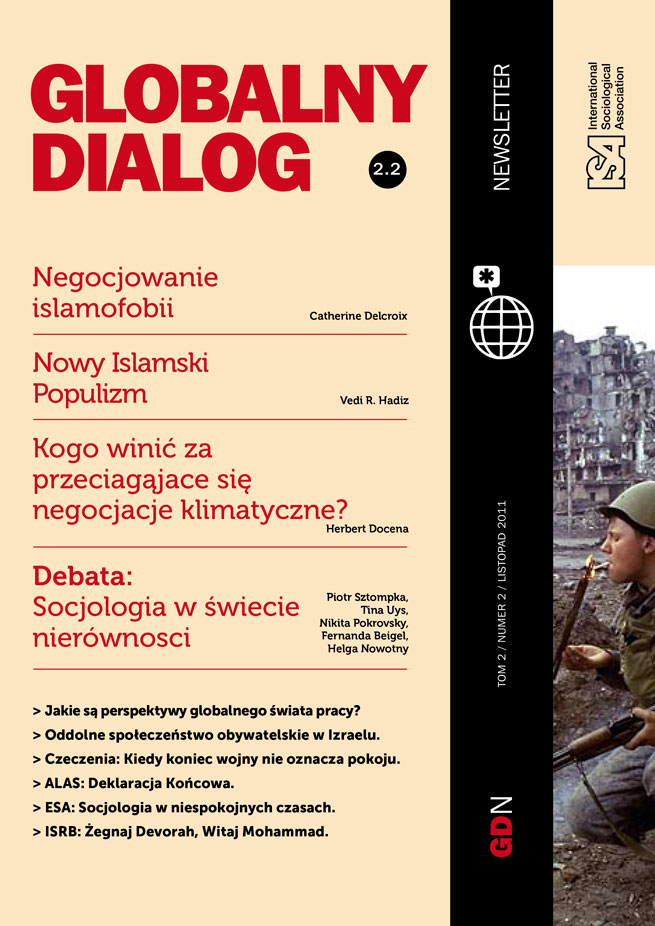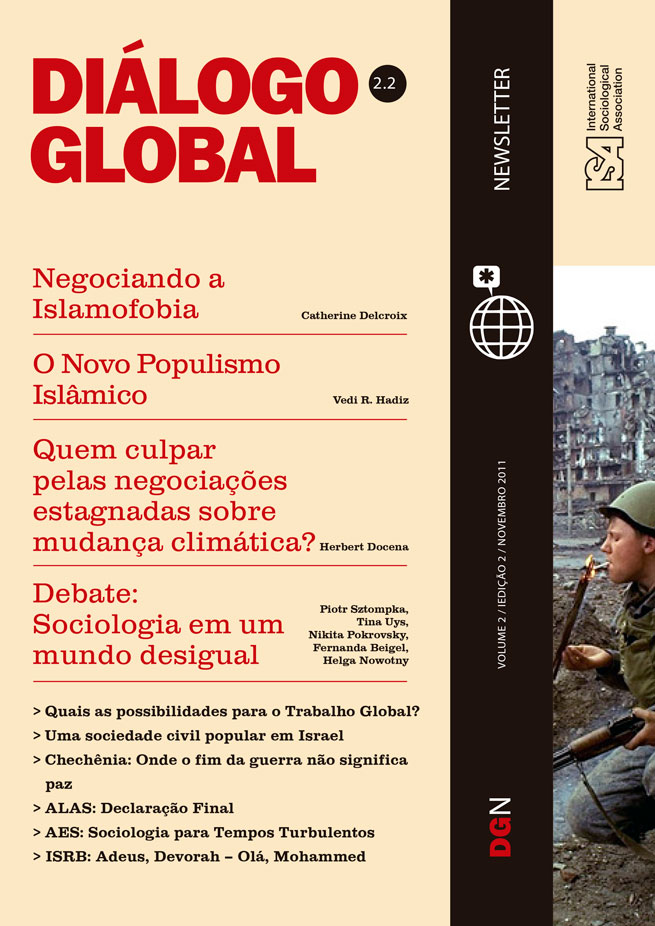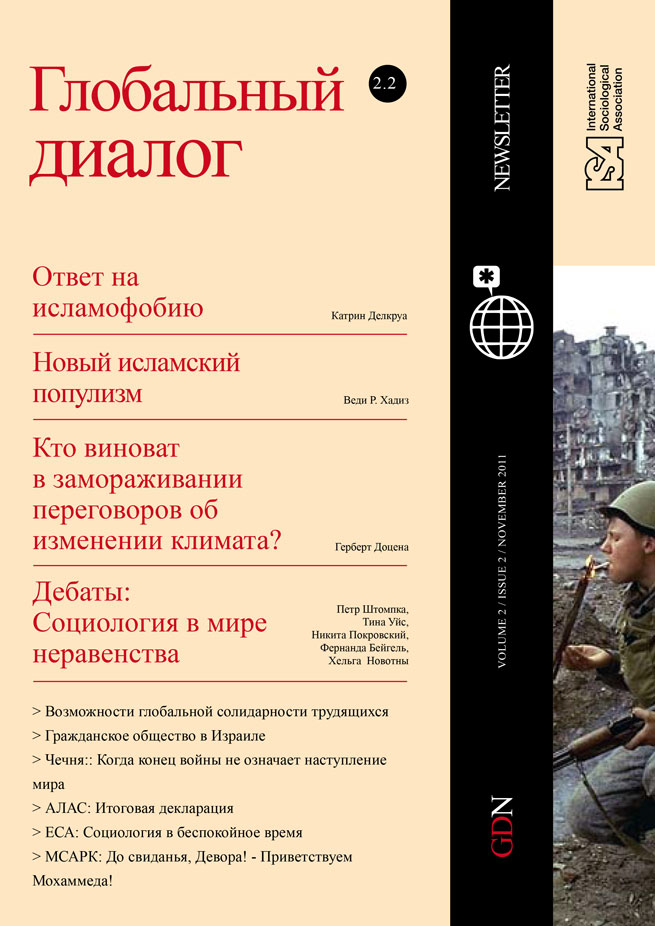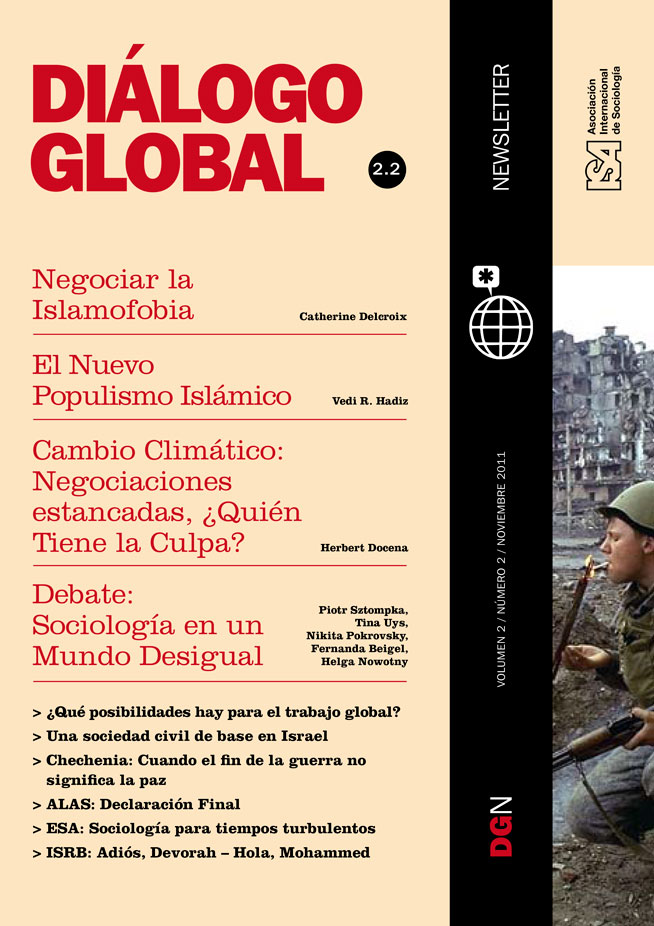Read more about Islam
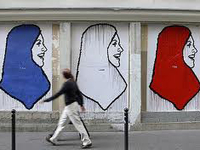
Negotiating Islamophobia: Exit, Voice, and Loyalty
by Catherine Delcroix
November 19, 2011
One of the most conspicuous features of the recent Arab Uprisings is that Islamic oppositional movements have not been at their forefront. That they did not take a leadership role is interesting given that Islamic groups, ever since the demise of most of the Left in Muslim societies during the Cold War, have been the most prominent source of dissent against a number of authoritarian regimes, especially in North Africa and the Middle East. Nevertheless, in countries such as Tunisia and Egypt, vehicles like An Nahda and the Muslim Brotherhood, respectively, are likely to do well in new post-authoritarian environments. This has led to a degree of alarmism and Islamophobic hyperbole in sections of the Western media.
Digging deeper, we see that Islamic politics have frequently been transformed by what may be described as a New Islamic Populism. If the older form was premised on the interests of a long declining traditional petty bourgeoisie made up of urban traders, petty commodity producers and rural elites, the newer Islamic populism is more likely to be constituted by an alliance of highly disparate elements: marginalised sections of the bourgeoisie, ambitious and educated members of new urban middle classes still stuck in the lower rungs of the social hierarchy, as well as the swelling masses of urban poor that have descended upon sprawling and chaotic megacities like Cairo, Istanbul, and Jakarta over recent decades – seeking education, employment, and the promise of a better life. In both these forms, however, the ummah is conceived as a sort of stand-in for the ‘people’ – a concept which is an integral part of all populist imaginings that juxtapose the morally virtuous but marginalised masses to the rapacious and predatory elite.
The effect of this transformation on organizations like the Muslim Brotherhood – which in spite of its internal contradictions is still the best organized force in Egyptian civil society – has been profound. In fact, the ramifications of the New Populism were already evident in the rise to power in Turkey of the Justice and Development Party (AKP) in 2002, and to which the leaders of the Egyptian Freedom and Justice Party – the newly spawned electoral vehicle of the Muslim Brotherhood – appear to be looking for a model. Even as far away as Southeast Asia, Indonesia’s Justice and Prosperity Party (PKS) – the most successful of a slew of Islamic-oriented parties – has for many years also found inspiration in the AKP’s successes, which recently won its third straight general election in convincing fashion. Besides embracing democracy, it is well known that the AKP ingenuously grafted neoliberal economic reform onto traditional social justice concerns of Islamic populism.
The AKP experience cannot be accounted for by the inherently moderating effect of participation in electoral democracy as some have suggested. More important is the realization that the objective of promoting the social, economic and political position of the ummah does not necessarily require an Islamic state or one that is rigidly governed by Sharia. It can be achieved by the favorable repositioning of the ummah and its political and organizational vehicles in relation to the existing state and the market.
In spite of grassroots support among the urban poor and a leadership heavily derived from ambitious members of the educated urban middle class, one of the most important reasons for the success of the AKP has been support from the so-called Anatolian bourgeoisie. The latter is made up of culturally Muslim businesspeople that had been relatively marginalized by a Kemalist secular bureaucratic and political establishment that favored an Istanbul-based big bourgeoisie. Importantly, the more provincially-rooted Anatolian bourgeoisie had been growing in wealth and strength since Turkey moved into a more export-oriented, global market-based economic strategy in the 1980s. In the Turkish case, of course, it remains unconstitutional to be agitating toward an Islamic state and the AKP cannot even identify openly as an Islamic party in spite of having grown out of long established Islamic-oriented groups and networks. However, this has not proven to be an obstacle to developing cross-class alliances that have successfully won and retained control of government in pursuit of policies that enhance the position of the ummah, defined in opposition to secular elites accused of economic mismanagement, authoritarian practices as well as cultural aloofness.
The situation in Egypt is, of course, too fluid to suggest that the Muslim Brotherhood will be as successful – in fact it has had to tone down considerably its role in the Egyptian post-authoritarian environment so that it would not be perceived as having hijacked the Egyptian uprising. Nevertheless, the Muslim Brotherhood has been internally transformed since the days of Hasan Al Banna or Sayyid Qutb. It, too, can count on a strong base of support from sections of the young urban middle class and certainly large portions of the urban poor given the relative disorganisation of Leftist and Liberal forces. Moreover, a major pillar of the Muslim Brotherhood has been businesses, large and small, that had supported its earlier semi-clandestine forays into electoral politics and, as a result, it was ostracised by the Mubarak regime. The Muslim Brotherhood, too, sees democracy as a useful tool to seize the positions of the Mubarak cronies at the commanding heights of the economy.
But the New Islamic Populism isn’t always so close to success. If its major representative in Indonesia is the PKS, it is clear that the party is far from being in any position to obtain power. This in itself is interesting because one source of its weakness – compared to Turkish or Egyptian counterparts – is the absence of a strong culturally Muslim big bourgeoisie, due to the continuing dominance of the ethnic-Chinese element within the Indonesian bourgeoisie.
Whether successful or not, the rise of the New Islamic Populism has important implications for challenging stereotypes of the aims, strategies and vehicles of Islamic politics in the modern world.
Vedi R. Hadiz, Murdoch University, Australia
This issue is not available yet in this language.
Request to be notified when the issue is available in your language.
If you prefer, you can access previous issues available in your language:
